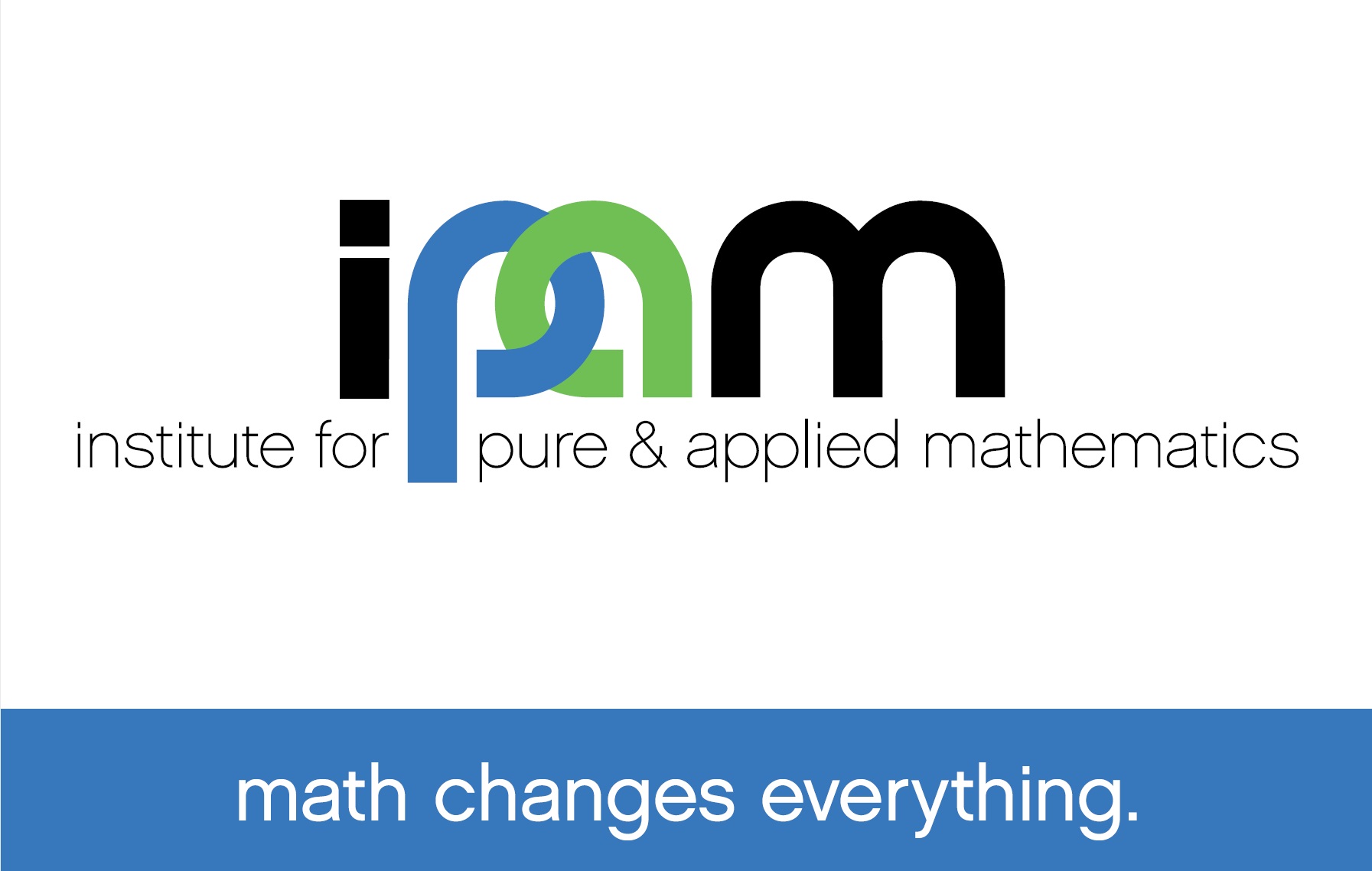Abstract
Nicola De Cao - University of Amsterdam
Deep generative models are a rapidly advancing area of research in machine learning. They recently have been proven to effectively deal with continuous Euclidean data such as sounds, images, and videos. However, how to generate non-Euclidean and structured abstract data, such as graphs, is still an open question. In this work, we propose and investigate how to approach this problem through the use of three popular techniques: Variational Auto-Encoders, Generative Adversarial Networks, and Reinforcement Learning. We show what the main advantages and drawbacks of each of these techniques are. In particular, we explore this problem within the setting of de novo drug discovery, i.e., generation of chemical drugs for finding new medications. We propose techniques to overcome some of the disadvantages of each method and to generate high-quality molecule structures as labeled graphs.
